If you click on a link and make a purchase we may receive a small commission. Read our editorial policy.
How Bruce Campbell gave DC's war hero Sgt. Rock his groove back
DC Horror’s miniseries Sgt. Rock vs. the Army of the Dead not only revives DC’s biggest war comics character but makes him the most relevant he’s been in years.

Perhaps the greatest unsung corner of DC’s extensive publishing line is its war comics, which often centered on World War II, led by long-running titles including G.I. Combat and Star Spangled War Stories. The greatest WWII hero in the DC Universe is Sgt. Frank Rock, created by Robert Kanigher and Joe Kubert and starring in the series Our Army at War. While Rock and his contemporaries have fallen into relative obscurity after war comics fell out of vogue, the character has received a revival in the recent miniseries DC Horror Presents Sgt. Rock vs. the Army of the Dead.
Written by Bruce Campbell – yes, the same Bruce Campbell of Evil Dead fame – and illustrated by Eduardo Risso, the miniseries pits Rock and Easy Company against a top-secret Nazi plot involving the Third Reich employing undead soldiers. More than just bringing Rock into the realm of the supernatural, the story gives the character the grindhouse story that Easy Company was always perfect for. Here’s how Army of the Dead quietly repositions Sgt. Rock, more so than reinventing the character, and uses him exponentially better than prior attempts to incorporate him into the modern-day DCU.
Our Army at War
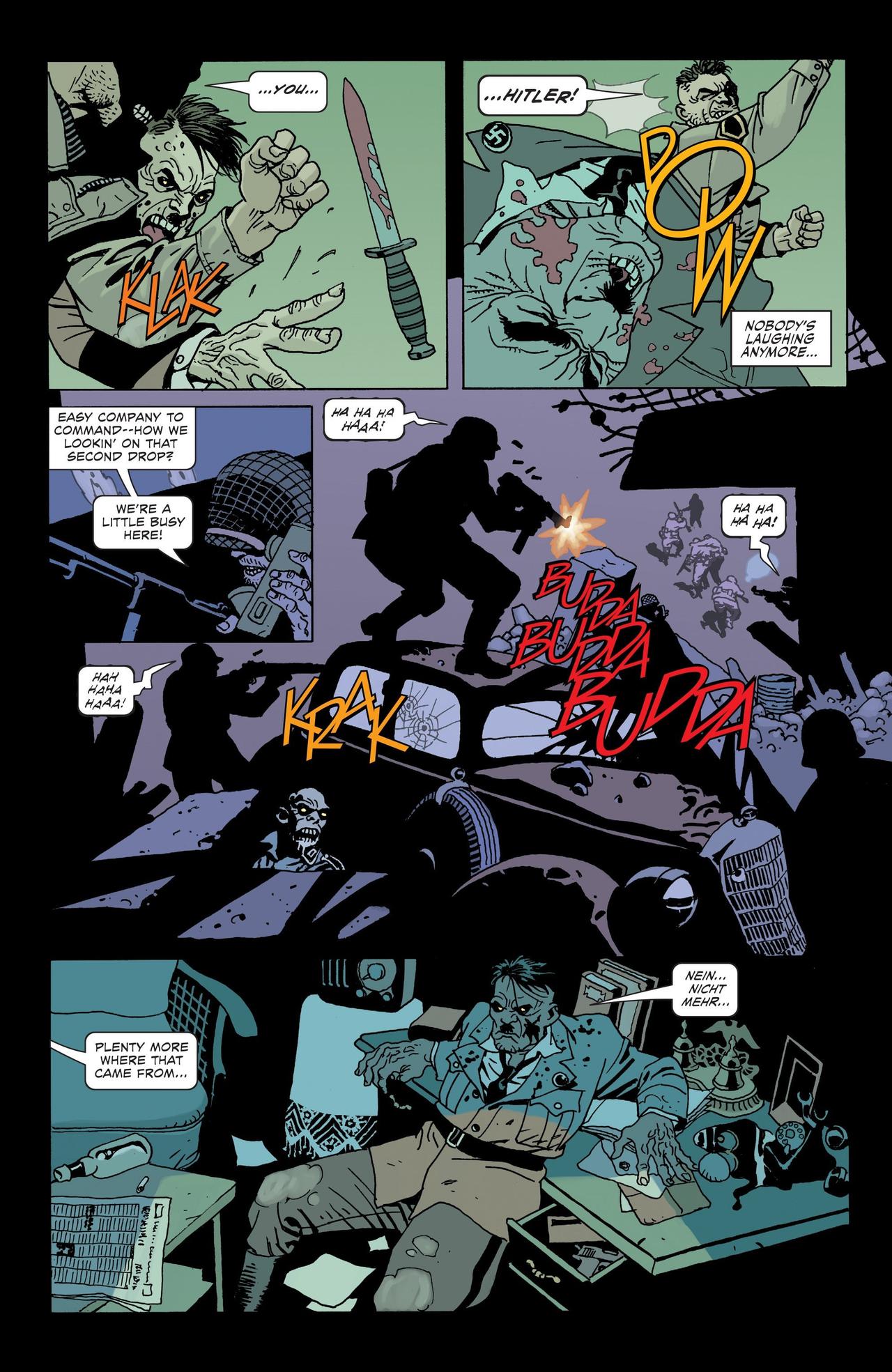
Compared to other DC wartime properties, like Haunted Tank or Weird War Tales, Sgt. Rock’s comic book adventures were played relatively straight-forward, with Army of the Dead seemingly starting out the same way. However, by the first issue’s end, Easy Company finds themselves battling against Nazi zombies poised to disrupt the Allied advance towards Germany with their undead resilience. Facing an unspeakable enemy, Sgt. Rock decides to lead his men to dismantle this unholy Axis operation before it can gain enough momentum to turn the tide of the war to the Third Reich’s advantage.
Risso’s penchant for moody, shadowy storytelling really excels at dialing up the sense of dread that comes with this sharp detour into horror. The wartime action is rendered grisly enough, more graphic than a typical DC war comic and more than earning its place on the DC Horror imprint even before the first zombie shows up on-panel. And the way Risso and colorist Kristran Rossi weave in the horror elements isn’t the more common zombies seen from an American production like Night of the Living Dead or The Walking Dead but something dirtier and more menacing. These zombies feel closer to the Italian grindhouse work from filmmaker Lucio Fulci and are all the more terrifying for it.
Sgt. Rock’s ultimate target
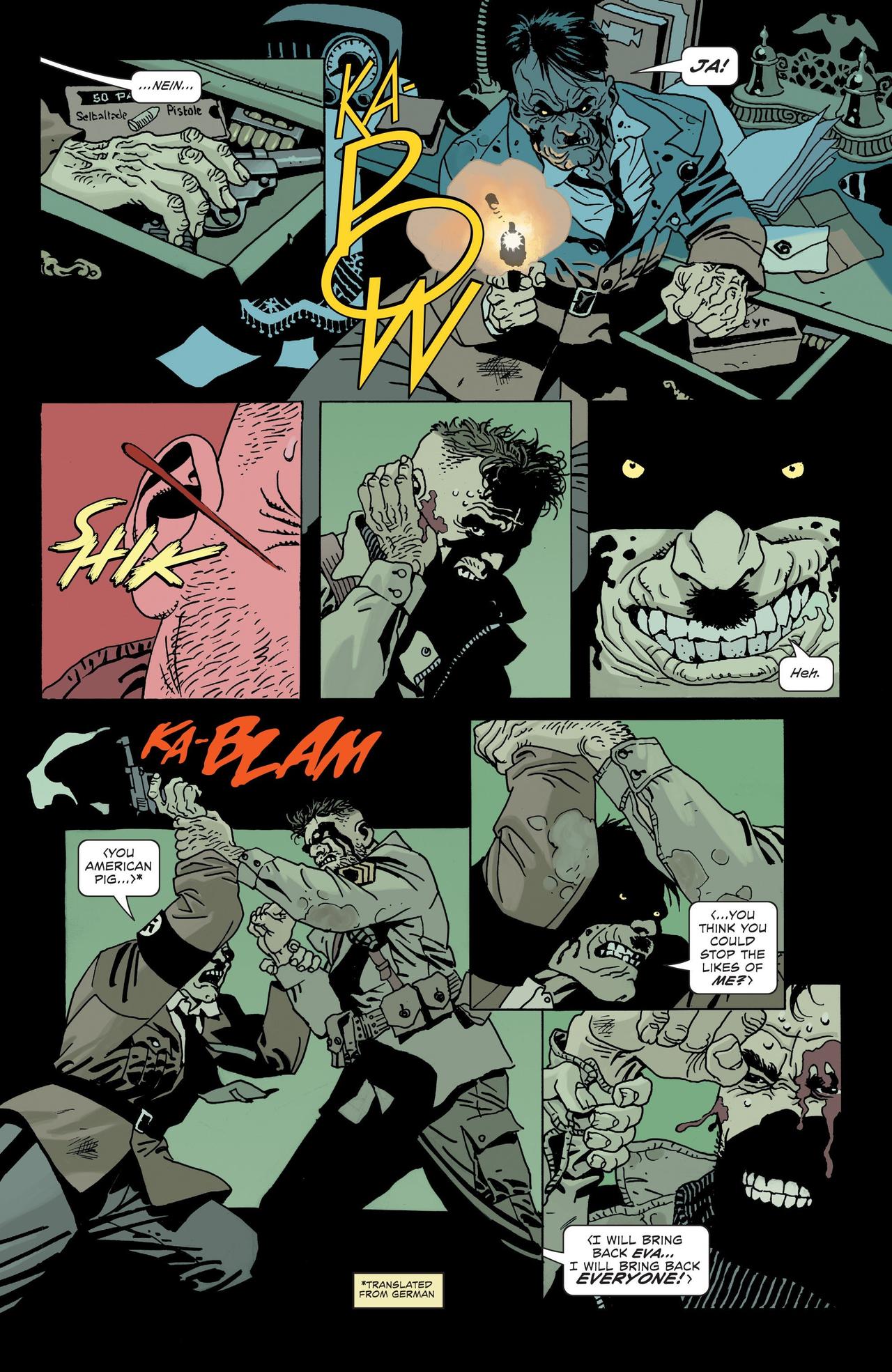
The story doesn’t end with Sgt. Rock and Easy Company taking on the Nazi scientists responsible for raising the Army of the Dead but instead escalates the scope unexpectedly in its final act. Determined to end this war once and for all before more crimes against nature and humanity can be committed, Rock leads his men to target Adolf Hitler himself in the miniseries’ final issues. Based on a lead from their raid on the experimental Axis facilities, Rock is able to track down Hitler in his bunker in Berlin, ready to finish the fight in a solo confrontation against the Nazi leader in a no-holds barred brawl.
What follows is the most brutal sequence of the entire series, with Rock and Hitler laying into each other, using anything in arm’s reach as a lethal weapon. Surprisingly formidable, Hitler manages to shoot and slash Rock while the world-weary Sergeant beats and stabs Hitler repeatedly, including with a syringe containing the reanimation serum directly into the Fuhrer’s eye. The series ends with Rock blowing apart Hitler with a grenade and escaping the bunker before it’s completely obliterated as the Allied Powers move into Berlin to bring a swift end to the European theater of the war.
Bruce Campbell, modern grindhouse hero
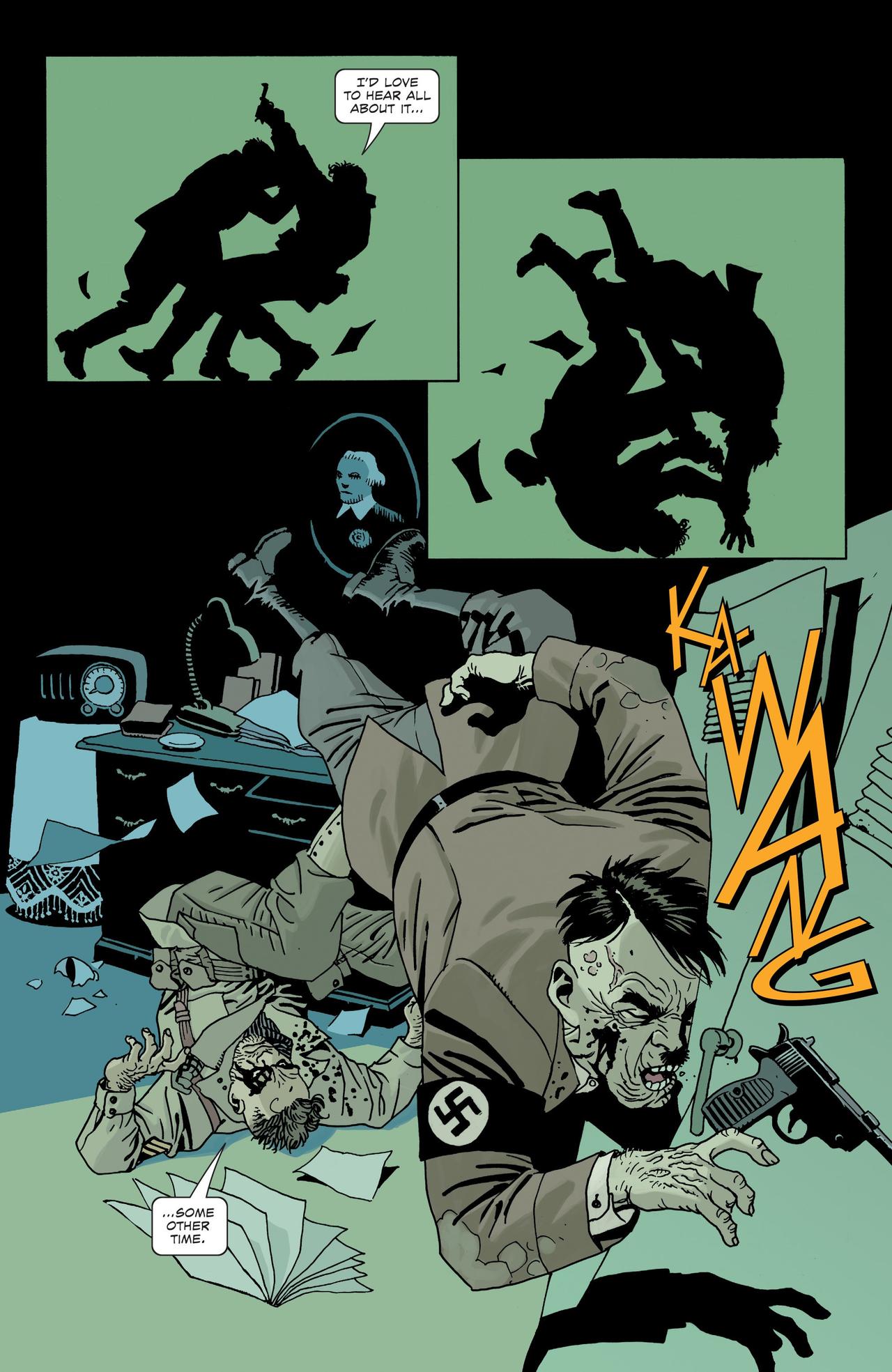
Really, this entire delightfully gruesome affair feels right in Campbell’s wheelhouse, both as a solid horror story and as a love letter to the ‘70s and ‘80s grindhouse cinema that helped inspire it. Apart from Fulci’s clear influence, Army of the Dead harkens back to war movies like 1982’s Oasis of the Zombies or 1981’s Zombie Lake, which prominently features undead Nazi antagonists. This odd sub-genre has sporadically resurfaced with more contemporary movies like 2009’s Dead Snow, which sees Nazi zombies revive in Scandinavia to continue the war from beyond the grave.
More than just working as an actor, Campbell has steadily been working behind the camera as a producer and writer ever since the early days of his career, including serving as a producer on the Evil Dead movies and their television continuation Ash vs. the Evil Dead. With Sgt. Rock vs. the Army of the Dead, Campbell is able to lean hard into the story’s horror premise while weaving in enough dark humor to keep the whole thing from feeling so deadly serious. This balance has served the Evil Dead franchise perfectly and it works well here too, serving as a constant and subtle reminder that the whole thing is supposed to be a fun, if gory, romp that gives Rock and Easy Company their most daring adventure ever in a tale that feels straight out of Wolfenstein.
Sgt. Rock in the DCU
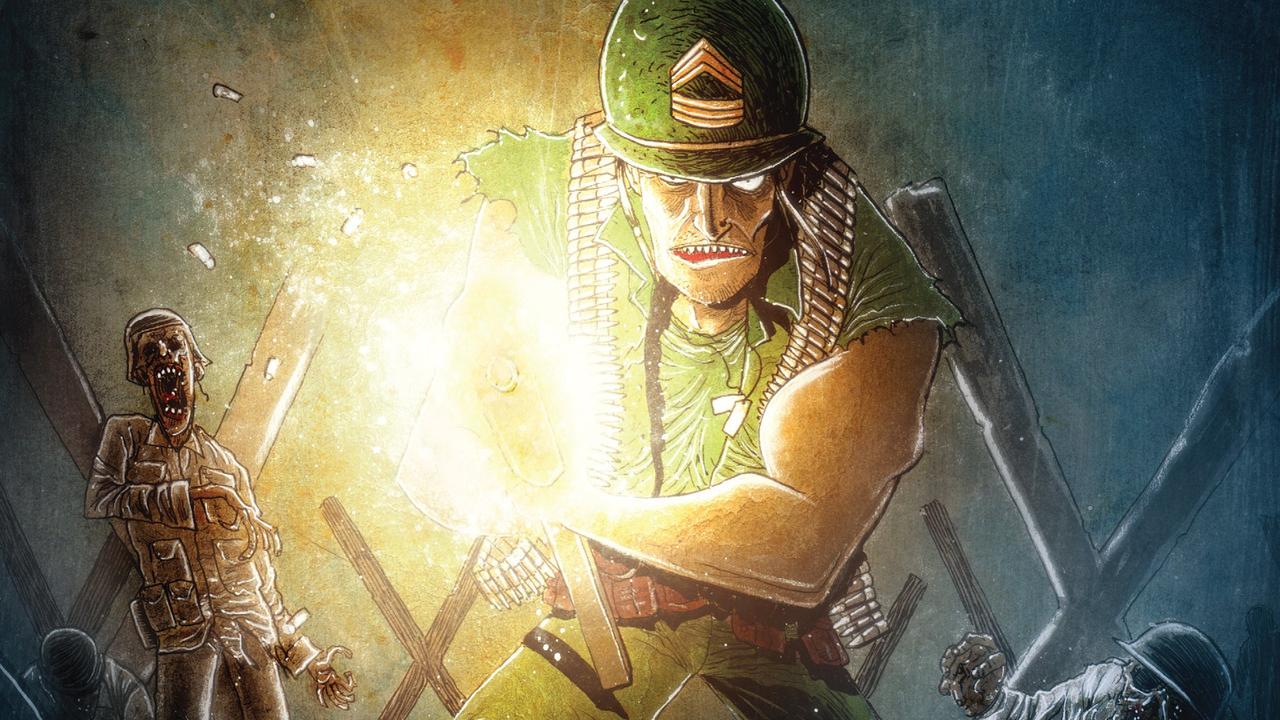
More than simply cross-genres, Sgt. Rock vs. the Army of the Dead gives Rock the best story the character has had since the cancellation of his original comic book series in 1988. DC has tried to shoe-horn Rock outside of his typical WWII setting into different parts of the DCU for years, usually with middling returns for one simple reason – Rock’s gruff soldier archetype doesn’t really work outside of his native wartime setting. The 2001 crossover event Our Worlds at War attempted to give Rock the heroic sacrifice play against the extraterrestrial Imperiex though Rock’s inclusion in the story doesn’t make much sense beyond a forced attempt to give the character a fitting send-off. Similarly, the 2020 crossover event Dark Nights: Death Metal positions Rock as an unreliable narrator but doesn’t find much for the character to do in the story itself.
Ultimately, Rock is a character that fits most organically within WWII and when played as a straight man. As Army of the Dead proves, the war around Rock can veer into science fiction and horror elements, but Rock himself, along with the rest of Easy Company, function best as the same grizzled soldiers they always were. Campbell and Risso know how to perfectly play within those confines while delivering a freewheeling story that feels like a horror-tinged twist on Inglourious Basterds, with Quentin Tarantino’s 2009 film similarly venturing into outright alternate history with its own respective assassination of Hitler.
Characters like Sgt. Rock and Jonah Hex are characters that belong in the history of the DCU and better farther away from the cape-and-cowl adventures that largely define the publishing line. More specifically, Rock exists as a character that embodies the pulp fiction war tales that DC had been putting out for decades, capturing a period where war was still hell even when the enemy was a clear force for evil. Frank Rock is a character who lives in a world of black and white without nuance as the present-day shifts to a more morally complicated one. And in the end, for Rock, unlike the world, war never changes.
DC Horror Presents Sgt. Rock vs. the Army of the Dead is written by Bruce Campbell, illustrated by Eduardo Risso, colored by Kristran Rossi, and lettered by Rob Leigh. All six issues are available individually, with the hardcover collection on sale Oct. 3 and available for preorder.
Make sure you've read all the best DC Comics stories ever.
Follow Popverse for upcoming event coverage and news
Find out how we conduct our review by reading our review policy
Let Popverse be your tour guide through the wilderness of pop culture
Sign in and let us help you find your new favorite thing.


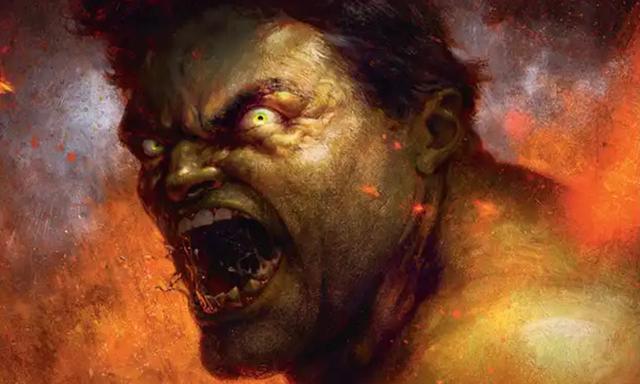

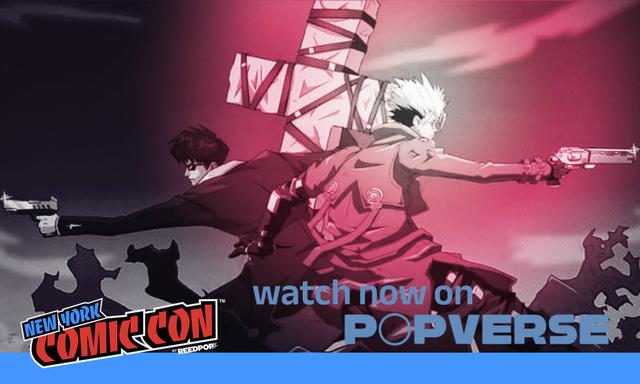
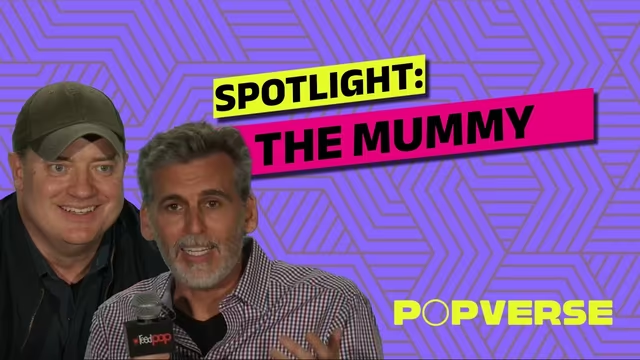


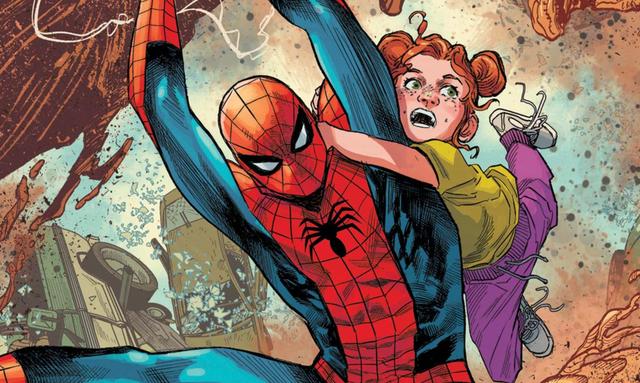
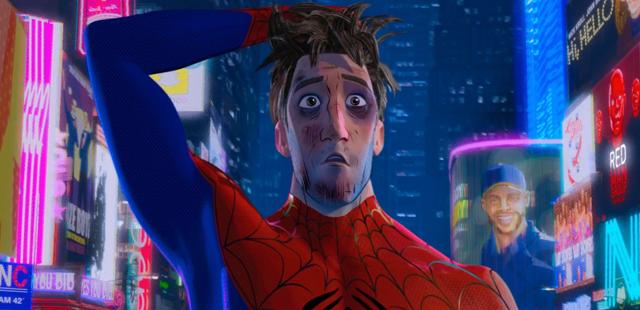






Comments
Want to join the discussion? Please activate your account first.
Visit Reedpop ID if you need to resend the confirmation email.